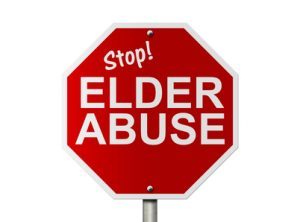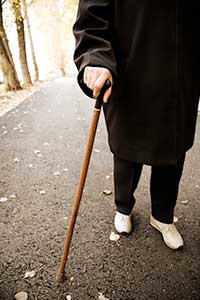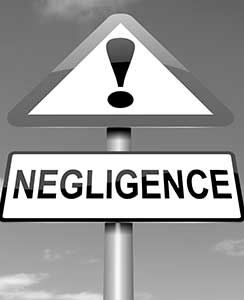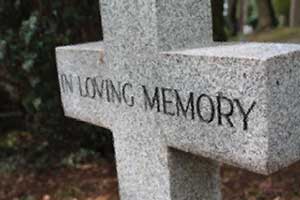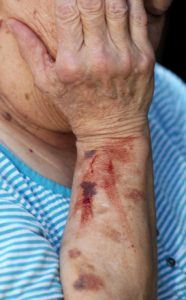Search
State Attempts to Make Nursing Home Lawsuits More Difficult to Initiate
 Family members of nursing home residents offered powerful testimony about neglect and abuse in some facilities, but legislation to limit the impact of a nursing home lawsuit still passed the Florida Senate Rules Committee on April 15. The next stop is the Senate Floor. Although the bill has been stuck in the House, representatives could agree to the Senate version.
Family members of nursing home residents offered powerful testimony about neglect and abuse in some facilities, but legislation to limit the impact of a nursing home lawsuit still passed the Florida Senate Rules Committee on April 15. The next stop is the Senate Floor. Although the bill has been stuck in the House, representatives could agree to the Senate version.
Siblings File Lawsuit after Mother’s Rape
One brother and sister related that their mother was subject to rape in 2002 at a Jacksonville Facility when another patient with a history of sexual attacks assaulted her. Although they were awarded a $750,000 judgment in a nursing home lawsuit, they never collected anything after the facility closed. They think the legislation could mean people will have even more trouble filing lawsuits if it passes. Their motivation in filing the lawsuit was to change the culture, and they were not concerned with the money. The brother questioned the panel as to who would benefit from the legislation. He feels that the nursing homes and administrators are being protected unfairly and that the bill does not look out for the best interests of patients.
 Nursing Home Law News
Nursing Home Law News